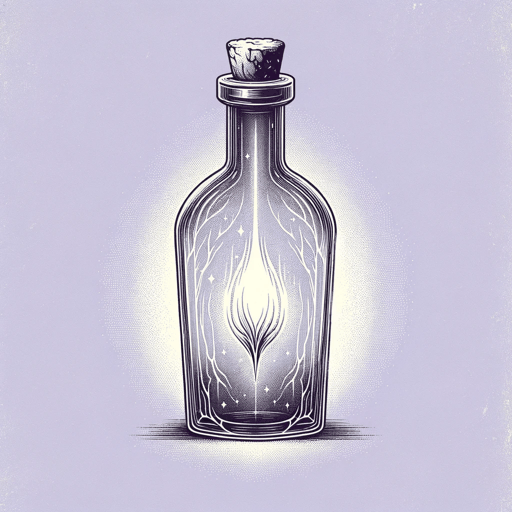31 pages • 1 hour read
Robert Louis StevensonThe Bottle Imp
Fiction | Short Story | Adult | Published in 1891A modern alternative to SparkNotes and CliffsNotes, SuperSummary offers high-quality Study Guides with detailed chapter summaries and analysis of major themes, characters, and more.
Important Quotes
“And the truth of it is, that as Keawe looked in upon the man, and the man looked out upon Keawe, each envied the other.”
(Paragraph 2)
This sentence is an example of dramatic irony and relates to the story’s theme of being contented with what one has. Keawe envies the old man for his wealth, while the old man wishes that he had not encountered the bottle imp and therefore damned his soul. There is also foreshadowing present in this excerpt in that it is likely clear to the reader that because the man is unhappy, Keawe desiring to be like the man will likely have similar consequences.
“‘That is not my idea,’ said Keawe; ‘but to have a beautiful house and garden on the Kona Coast, where I was born, the sun shining in at the door, flowers in the garden, glass in the windows, pictures on the walls, and toys and fine carpets on the tables, for all the world like the house I was in this day – only a storey higher, and with balconies all about like the King’s palace; and to live there without care and make merry with my friends and relatives.’”
(Paragraph 4)
Throughout the story, each character who buys the bottle has specific temptations or goals in mind when doing so. This passage details Keawe’s dream which will eventually become the Bright House. Significantly, his joy is based not solely on material possessions, but on being able to share his wealth and home with those he loves. Despite his modest desires, Keawe must “make a deal with the devil” in order to achieve Bright House. In this parable, it is important that readers connect with the protagonist and do not find them to be unreliable or antagonistic.
Related Titles
By Robert Louis Stevenson
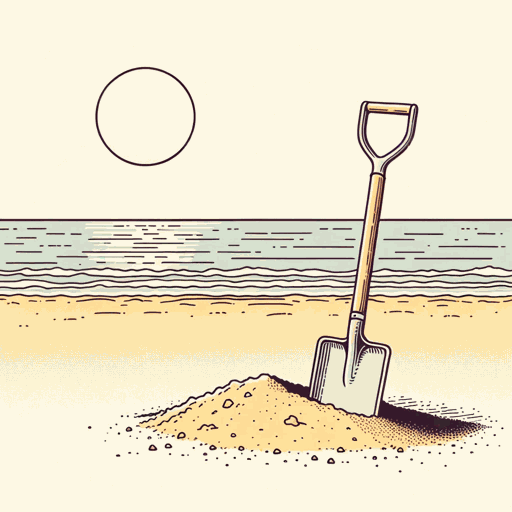
At the Sea-Side
Robert Louis Stevenson
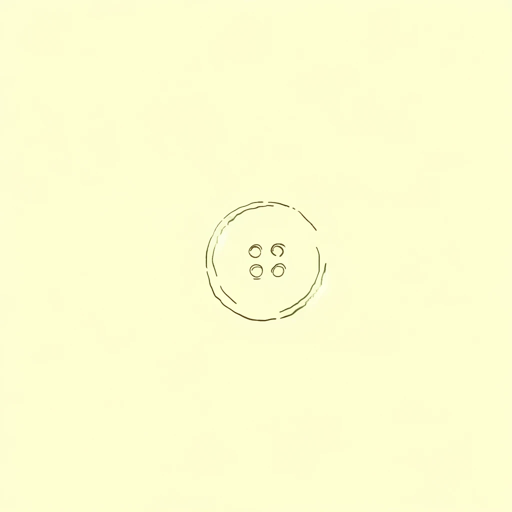
Kidnapped
Robert Louis Stevenson

Markheim
Robert Louis Stevenson
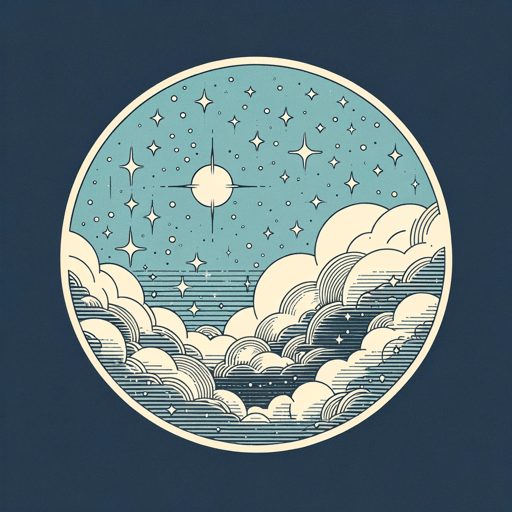
Requiem
Robert Louis Stevenson

The Black Arrow
Robert Louis Stevenson
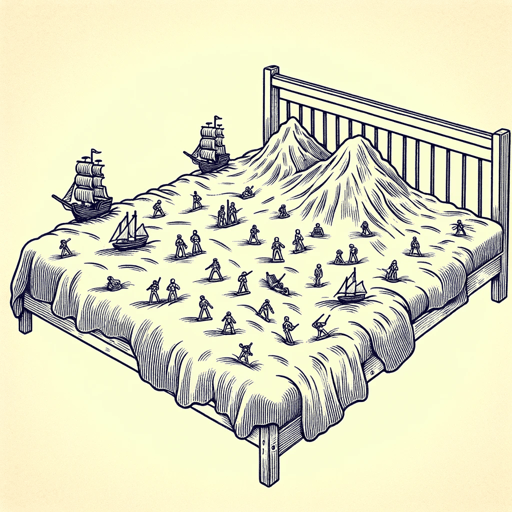
The Land of Counterpane
Robert Louis Stevenson

The Master of Ballantrae
Robert Louis Stevenson

The Strange Case of Dr. Jekyll and Mr. Hyde
Robert Louis Stevenson

Treasure Island
Robert Louis Stevenson
